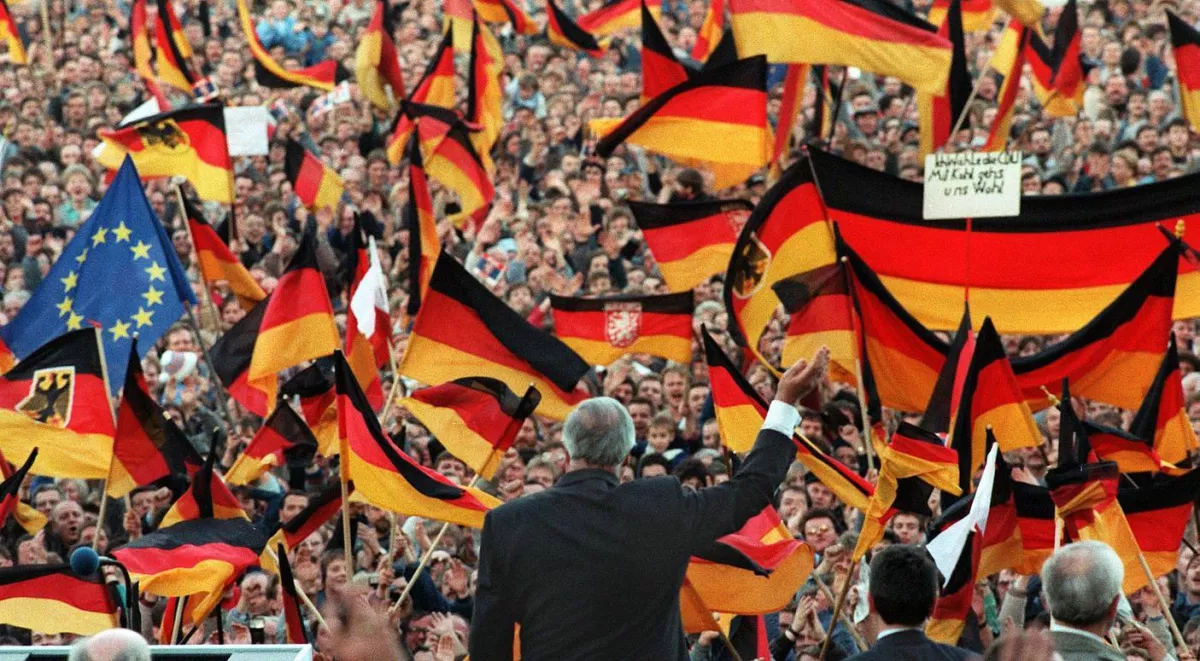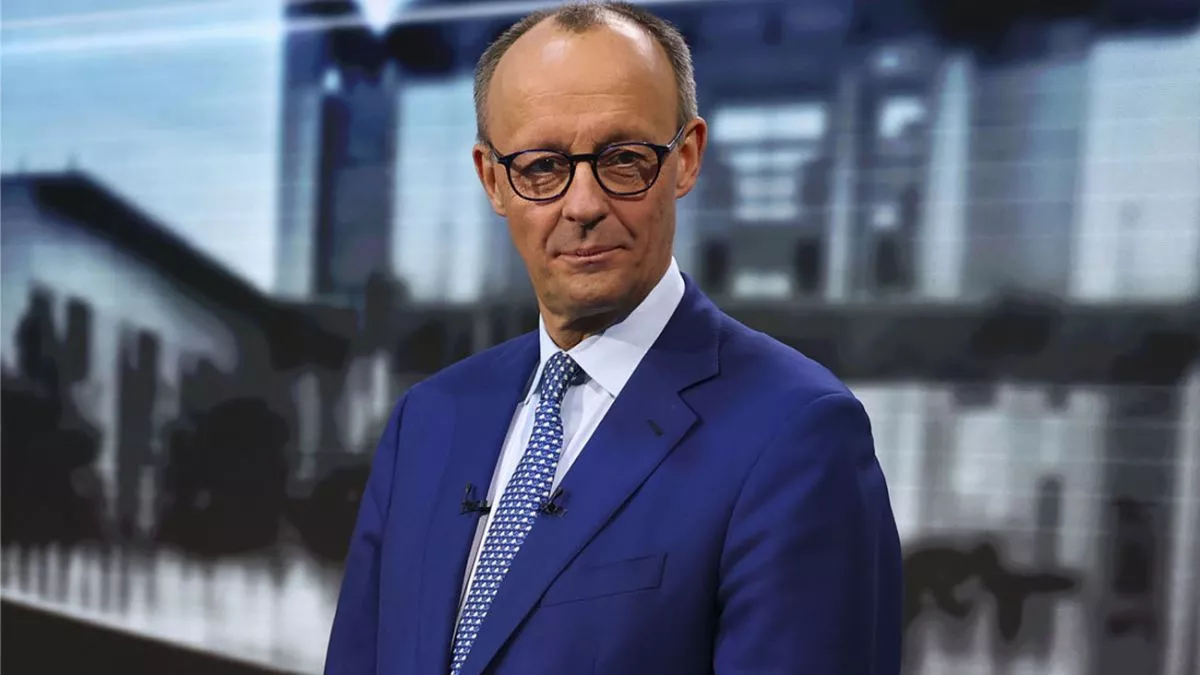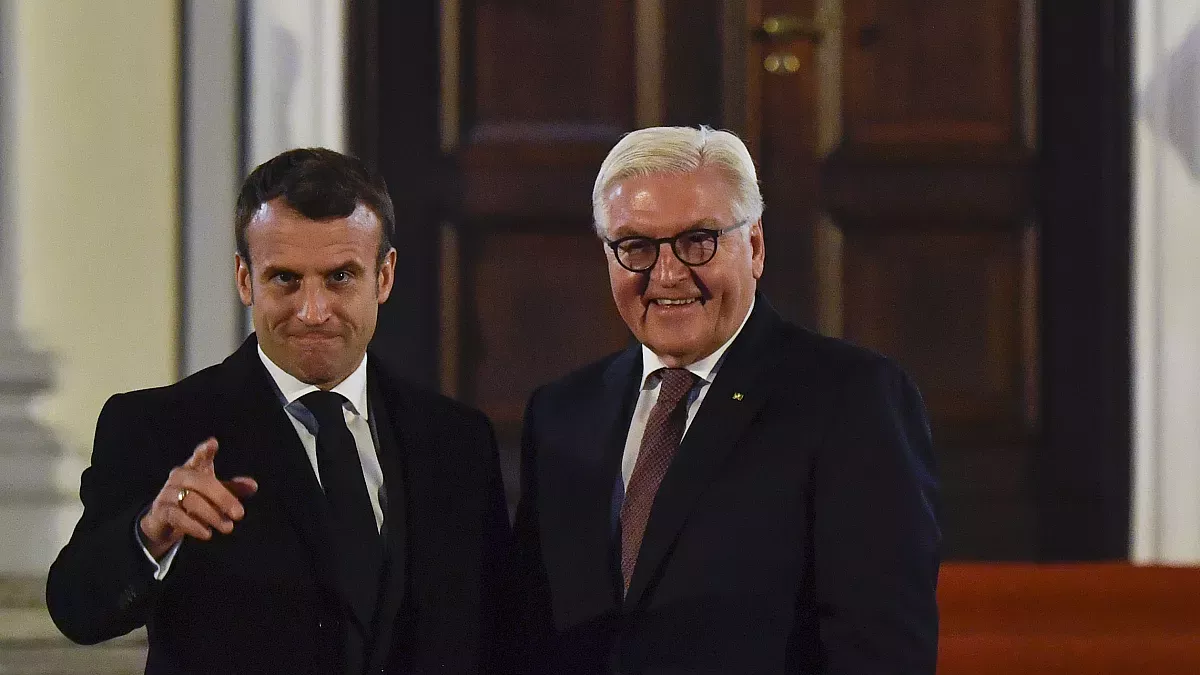Merz’s "new unity" vision amid East-West disparities Germany’s shadow of division
On October 3, Germans celebrated German Unity Day, marking the reunification of West and East Germany (the FRG and GDR) in 1990, following 40 years of division.

Ahead of this anniversary, several media outlets reported on a survey conducted by the Infratest dimap institute for the ARD channel. According to the results, one in three Germans (34%) is “less satisfied or not satisfied at all” with the outcomes of reunification. At the same time, 61% of Germans reported being very or generally satisfied with the post-reunification situation.
The survey highlights a notable regional divide: dissatisfaction is concentrated primarily in the territory of the former German Democratic Republic, where 46% of respondents expressed negative views. In contrast, slightly less than a third of residents in the former Federal Republic of Germany voiced dissatisfaction.
Apparently, the figures, even allowing for minor deviations, reflect the real state of affairs. This assessment was broadly confirmed in German Chancellor Friedrich Merz’s speech marking the reunification anniversary.
Acknowledging the various challenges, Merz affirmed that Germany’s reunification can indeed be considered a success. At the same time, he noted that, even 35 years later, residents of the eastern states “still feel disadvantaged in their life experience” and are underrepresented in leadership positions.
In this context, the Chancellor called on citizens to address these issues through collective effort, emphasising that only such an approach can achieve a “new unity” for Germany.

It remains somewhat unclear what Merz specifically meant by “new unity,” especially 35 years after the historic reunification. From an external perspective, however, it is apparent that the disparities between Western and Eastern Germans are most visible during local elections, where voting patterns tend to follow geographic divisions.
This is confirmed by the results of regional elections, where there is noticeable high support for the right-wing “Alternative for Germany” (AfD) in the eastern states. Candidates from this party often appeal to data highlighting income differences between eastern and western Germans performing similar work.
Several sources note that wages in East Germany are almost 30% lower than in the West. According to the Federal Statistical Office, in 2024, full-time employees in the East earned on average €13,300 less than their counterparts in the West.
For this reason, some experts, commenting on Merz’s speech, were sceptical of his statements about a “new unity.” Although the theme of reunification was indeed a leitmotif of the ceremonial events on October 3, most of which took place in Saarbrücken—the capital of the federal state of Saar, which currently holds the Bundesrat presidency.
The ceremony centred on an ecumenical (unifying) service at Ludwigskirche, attended by leading German politicians. In the speeches of representatives of the Catholic and Protestant churches, the recurring message was: “Desired change opens the way to the future.”

Overall, the celebrations were attended by German President Frank-Walter Steinmeier, the presidents of the Bundestag and Bundesrat, as well as French President Emmanuel Macron. However, it was Chancellor Merz’s speech that set the main political tone of the event.
Notably, he linked the theme of national unity to the foreign policy context. According to the Chancellor, much of what is happening in the country is driven by significant external pressure—not only on Germany but on the entire European continent. He did not specify which forces he meant, yet, as observers noted, the audience could clearly infer whom the head of government was referring to.
On one hand, Merz stated that Germany and other EU countries face attacks from newly forming “alliances of autocracies, opposing liberal democracy as a way of life.” On the other hand, the current stage is characterised by the emergence of a new global economic order that is undermining former norms and rules, increasingly dominated by trade barriers and self-interested tendencies.
In fact, no further specification was needed—it was clear to everyone which countries were being referred to. However, the Chancellor confidently presented this trend as one of the reasons for Germany’s economic weakening. At the same time, he criticised years of “unregulated” and uncontrolled migration, which, in his view, also contributes to societal polarisation.
Analysts noted that Merz once again tried to pre-empt the AfD by emphasising the anti-migration theme. However, this very factor—the clash of positions with the AfD across all political arenas—remains one of the driving forces of contemporary socio-political life in Germany.
Thus, even 35 years after reunification, the theme of Germany’s internal unity remains relevant. As some German sources note, “internal unity is considered roughly achieved, but unfinished.”








